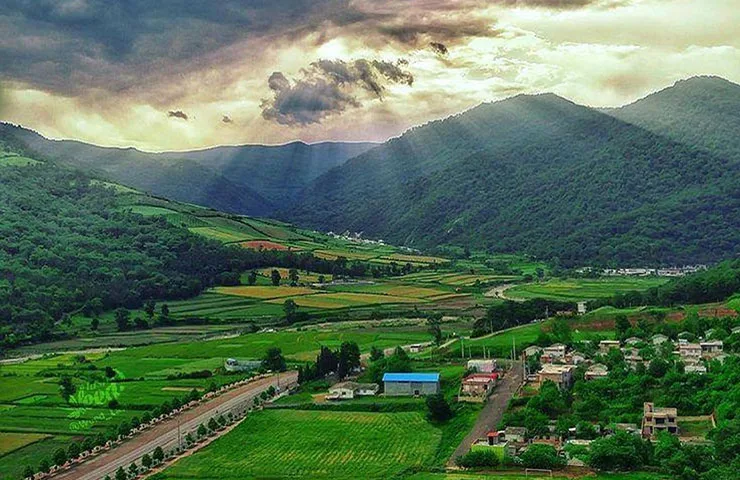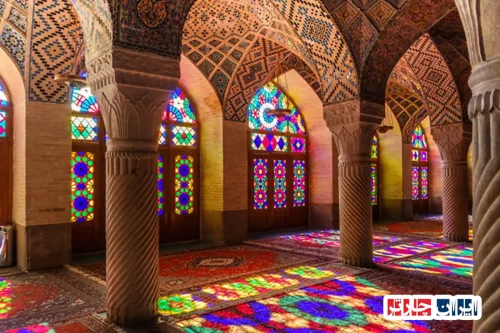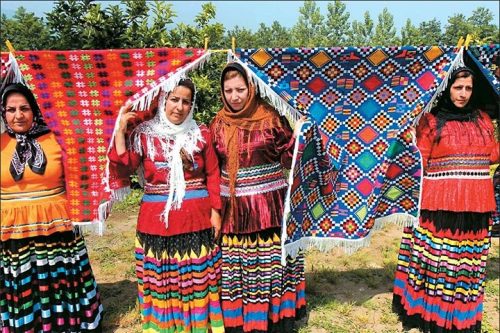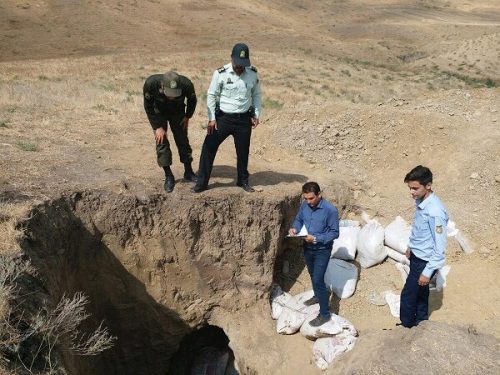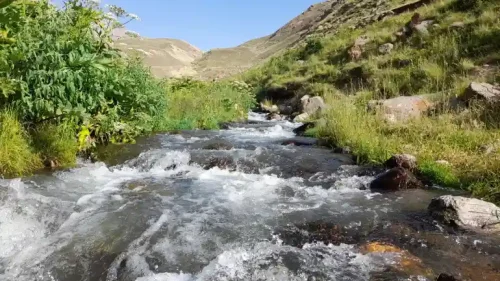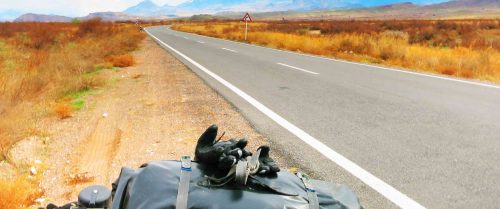Mazandaran Tourism Held Hostage by Second Homes
Mazandaran, as one of Iran’s prominent tourist provinces, faces serious challenges due to the proliferation of second homes. These second homes, mostly built by affluent families for occasional use, have significantly impacted the region’s economic and environmental structure. The increase in the number of second homes has not only led to the change of agricultural land use and the destruction of orchards and fields, but also placed immense pressure on the region’s natural resources and infrastructure. Additionally, lack of adequate oversight on constructions has led to the emergence of thousands of illegal villas in surrounding areas, subsequently reducing the province’s ability to attract quality tourists. Experts believe that preserving and sustainably developing Mazandaran’s tourism sector requires precise management policies and preventing the construction of unauthorized buildings. Focusing on second home tourism in Mazandaran and implementing proper construction patterns can save the province from environmental and social threats posed by affluent families while maintaining its status as a popular tourist destination.
For more information on Iran Charter services and booking your ticket, you can contact us at 02191091190 or via email at info@irancharter.ir.
Note: Iran Charter does not offer seat selection or ticket discounts.
Negative Effects of Second Homes on Mazandaran Tourism
Second homes in Mazandaran, symbolizing comfort and luxury, have gradually become detrimental to the region’s tourism industry. The increasing number of these homes has led to a reduction in natural space and environmental degradation, ultimately affecting the quality of tourism. The conversion of agricultural lands into residential areas not only limits natural resources but also threatens biodiversity. These changes have devalued the area for both local wildlife and tourists, undermining the belief in returning to nature.
Conversion of Agricultural Lands to Second Homes in Mazandaran
One of the main issues associated with second homes in Mazandaran is the conversion of agricultural land into unauthorized residential constructions. These changes have decreased agricultural production and increased the region’s economic dependency on real estate. Additionally, this trend has led to the destruction of traditional gardens and farms, diminishing Mazandaran’s cultural and historical heritage. The reduction in agricultural activities not only impacts the local economy but also jeopardizes the region’s food security.
Natural Resource Pressure Due to Expansion of Second Homes in Mazandaran
The expansion of second homes in Mazandaran has led to increased consumption of natural resources such as water and electricity. Excessive use of these resources in unauthorized residential areas has created environmental imbalances and reduced access to resources for local residents. This added pressure on the region’s infrastructure decreases the quality of life and increases operational costs for natural resource management. Moreover, inadequate resource management has resulted in increased pollution and decreased air quality in affected areas.
Lack of Monitoring Over Unauthorized Constructions in Mazandaran
A primary factor in the second home crisis in Mazandaran is the insufficient monitoring of construction processes. The absence of stringent regulations and the incomplete enforcement of laws have led to the construction of unauthorized villas that do not adhere to health and safety standards. These villas not only increase environmental risks but also detract visitors from experiencing quality tourism. The lack of proactive control exacerbates the negative impact of these homes on the environment and local community.
Impact of Second Homes on Mazandaran’s Economic Structure
Unauthorized construction of second homes has had extensive impacts on Mazandaran’s economic structure. This has led to an increase in real estate prices, limiting the local population’s access to agricultural and residential land. Economic reliance on real estate has not only reduced the region’s economic diversity but also limited sustainable development opportunities. Furthermore, the influx of foreign capital into this sector may lead to increased inequality and reduced job opportunities for local residents.
Management Policies to Address Second Home Crisis in Mazandaran
To tackle the challenges posed by the expansion of second homes, there is a need for precise and comprehensive management policies. These strategies should include stricter construction regulations, increased monitoring and control over execution processes, and economic incentives for the preservation and development of agricultural areas. Additionally, educating and raising awareness among local authorities and residents about the importance of environmental conservation and cultural heritage is crucial. Collaboration between governmental and private institutions can also play a key role in the effective implementation of these solutions.
Successful Management Examples of Second Homes in Other Regions
Some other regions in Iran have successfully mitigated the second home crisis by implementing effective management policies. For example, in some provinces, creating protected areas and providing financial facilities to local families to preserve agricultural land have prevented the widespread conversion of lands into residential homes. These examples demonstrate that with careful planning and appropriate law enforcement, it is possible to reduce the negative impacts of second homes and achieve sustainable tourism development.
Social Impact of Second Homes on Local Communities in Mazandaran
The expansion of second homes has had significant social impacts on local communities in Mazandaran. The temporary presence of tourists in these areas has led to tensions between permanent residents and visitors, occasionally resulting in increased crime and social disorders. Furthermore, changes in lifestyle and social interactions of local communities may lead to the loss of cultural values and traditions. These social impacts require careful attention and action from local authorities and tourism organizations.
The Importance of Biodiversity Preservation in Addressing Second Home Challenges in Mazandaran
Biodiversity preservation holds great importance in maintaining the environmental sustainability of Mazandaran. Challenges resulting from the expansion of second homes, such as deforestation and reduction of green spaces, pose serious threats to the region’s biodiversity. Decreases in plant and animal species and threats to natural habitats not only affect human quality of life but also lead to the destruction of natural ecosystems. Therefore, biodiversity preservation and the implementation of protective and restorative programs are top priorities in managing the second home crisis.
The Importance of Sustainable Tourism in Mazandaran
Sustainable tourism plays a critical role as an effective solution to the second home crisis. Implementing the principles of sustainable tourism, including environmental conservation, respect for local culture and traditions, and creating fair economic opportunities for the local community, can help improve the current situation. By emphasizing responsible tourism and providing appropriate facilities for tourists, environmental degradation can be prevented, and tourism can be turned into a sustainable source of income. Educating tourists on the importance of environmental conservation and involving them in protective activities are also effective measures in this area.
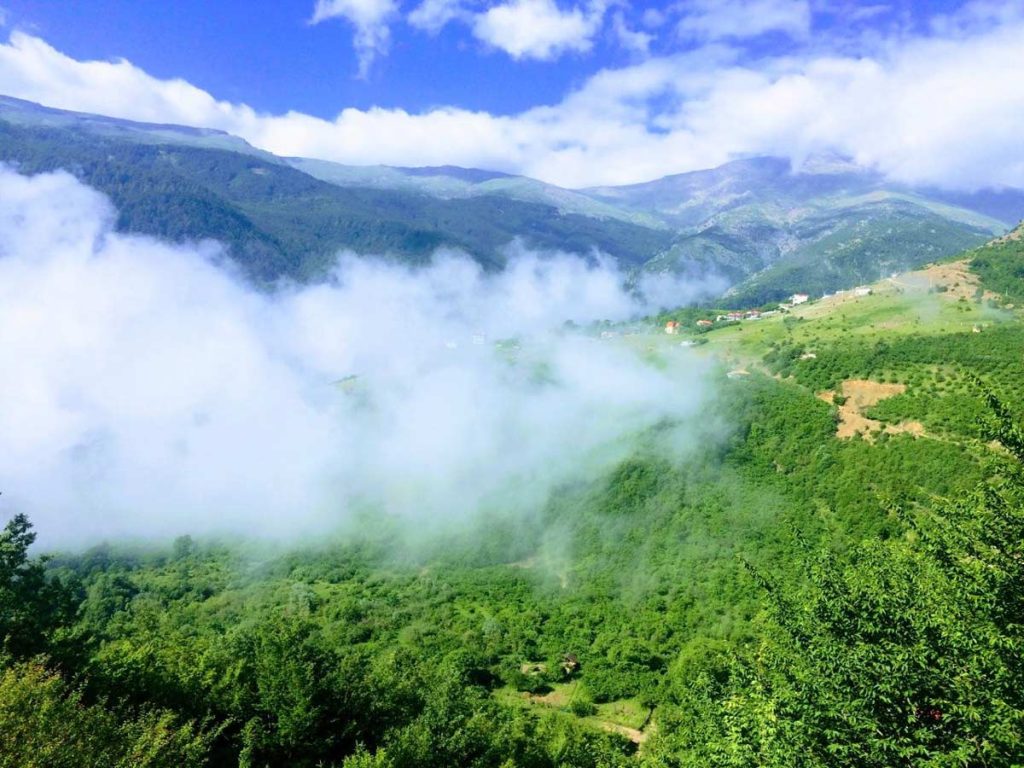
FAQ
- What are second homes and what is their impact on Mazandaran tourism?
- Second homes are unofficial villas or houses built by affluent families for occasional use in Mazandaran’s scenic areas. These homes have reduced the natural and touristic appeal of the province by converting garden and agricultural lands into residential complexes.
- When did the construction of second homes in Mazandaran begin?
- The construction of second homes in Mazandaran dates back over a decade, with active construction starting in the 1990s.
- How do second homes lead to environmental instability?
- Illegal constructions outside urban limits have led to the destruction of agricultural lands, land use changes, water and air pollution, and increased waste production, all contributing to environmental instability in Mazandaran.
- How extensive is illegal second home construction in Mazandaran?
- Despite the lack of precise statistics, in the Kalardasht district alone, approximately a thousand hectares of garden and agricultural lands have been destroyed for second homes, with half converted into villas.
- How do second homes contribute to social disorders in Mazandaran?
- The presence of numerous second homes has created traffic, increased natural resource consumption, social disorders, and reduced the quality of life for local residents.
- What are the main issues arising from second homes in energy sectors?
- The expansion of second homes has led to energy imbalances in electricity, gas, and water as these units illegally connect to energy networks without proper planning.
- What is the impact of second homes on Mazandaran’s agricultural sector?
- The construction of second homes has transformed agricultural lands into villas, reducing the number of agricultural workers and increasing the value of agricultural lands.
- Why do more than 90% of tourists stay in unofficial accommodations?
- The limitation of Iran Charter’s official accommodations, low-quality services, and traditional views of sector officials drive more than 90% of tourists to choose unofficial accommodations.
- What impact do rental homes have on Mazandaran’s tourism industry?
- Rental homes, like villas, divert tourists from official accommodations, reducing official tourism revenue and increasing management challenges.
- What are the differences between second homes in Iran and developed countries?
- In developed countries, unofficial accommodations are under health and safety supervision and have a cultural role, while in Mazandaran, second homes are illegal without any health and safety oversight.
- How is the management of unofficial accommodations in Mazandaran?
- Management of unofficial accommodations in Mazandaran is incomplete, resulting in no oversight of health, safety, or other aspects.
- What problem is associated with colorful roofs in Mazandaran?
- Colorful roofs are a symbol of illegal second homes, indicating mismanagement in tourism and the negative impact of unauthorized constructions on the environment and society in Mazandaran.
- What do official statistics show about the increase in second homes?
- Census data shows that the number of second homes in Mazandaran increased from about 21,000 units in 2006 to over 102,000 units in 2016, a significant rise.
- How has the construction of second homes in villages affected Mazandaran?
- The construction of second homes in villages has reduced rural housing, changed agricultural land use, and increased pressure on natural resources.
- What measures have been proposed to prevent unauthorized second home development?
- It is proposed to recognize regional capabilities, provide accurate construction models, prevent illegal construction, and plan precisely to attract tourists, thereby preventing serious harm to Mazandaran.
- What is the impact of second homes on Mazandaran’s water and gas resources?
- The expansion of second homes has led to energy imbalances in electricity, gas, and water, as these units consume resources illegally, causing an imbalance and increasing pressure on infrastructure.
- How have colorful roofs contributed to environmental issues?
- Colorful roofs indicate illegal second homes built without environmental regulations, leading to nature destruction, pollution, and changing Mazandaran’s natural landscape.
- How have second homes led to a reduction in agricultural workers?
- With increased agricultural land prices and their conversion into villas, many agricultural workers have sold their lands and exited the provincial agricultural sector.
- Can Iran Charter offer services in this area?
- Unfortunately, Iran Charter does not provide services in the construction and unofficial accommodation sector. For more information about Iran Charter’s services, you can call 02191091190 or email info@irancharter.ir.

